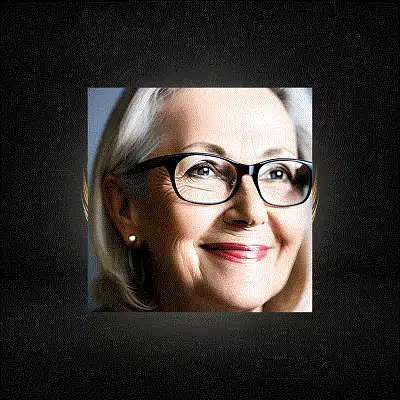Common Medical Complications In Over 50s and How To Monitor Them

As we get older, our health needs and risks start to become greater.
It’s highly important to monitor our health in order to assess and address potential complications early on.
Regular monitoring of our health and having routine checks can help to spot any serious risks in their early stages, making them easier to treat.
Doing so ensures a higher quality of life and better management of our well-being.
To help you out, we have taken a look at some of the most common medical complications that can occur in individuals over the age of 50, including ways in which they can be monitored and treated.
High Blood Pressure
Blood pressure is measured by looking at the force your blood exerts on the walls of your arteries.
While you can often identify low pressure easily, due to symptoms of dizziness and nausea, high blood pressure is not always easily detectable.
High blood pressure can lead to serious consequences, including damage to the arteries and weakening of the heart.
This can increase your risk of kidney disease, heart disease, and stroke.
Testing your blood pressure is simple and can be done regularly.
The equipment involved uses a cuff that fits around the upper arm and inflates until it is tight. It is quick, painless, and only takes a minute or so.
Any figures that fall out of the normal range should be checked multiple times before asking a professional. They will then run other tests and prescribe treatment based on your situation.
Breast Cancer
Around 55,000 women are diagnosed with breast cancer each year in the UK and it’s one of the more prevalent types of cancer for women to have.
This is why checking yourself and having regular breast screenings is so important.
Sometimes, other cancers or similar issues may be picked up by the screening that are not life-threatening. This may require further treatments or tests to be done.
If you experience delays or missed diagnoses during your screening, it’s best to contact medical negligence claim solicitors to ensure you are supported properly throughout the process.
During the screening, an x-ray will be taken of each breast, where they are compressed with a clear plate. The process only lasts several seconds but some find this slightly uncomfortable.
Typically, you’ll first be contacted about the screening between your 50th and 53rd birthday, where you’ll then be asked to return every three years.
Bone Density
Bone density is a measurement of the minerals present in your bones, primarily phosphorus and calcium.
When bone density increases, the bones become thinner and weaker and so can fracture much more easily.
The health of our bones deteriorates after age 50, so it’s vital that we monitor the risk of diseases.
Osteoporosis is a progressive disease of the bones, resulting from a reduction in bone density.
This increases the risk of painful and debilitating broken bones, which can compromise mobility and our quality of life. It is more frequent in women, especially those who have already experienced menopause.
To assess bone health, a bone density scan (DEXA) is usually carried out.
This uses low-dose X-rays to diagnose and assess the risk of osteoporosis. This type of scan is much more effective than standard X-rays and is also both quick and painless.
With regard to treatment, you’ll likely need to increase your vitamin D and calcium intake, as well as any prescribed medications to enhance bone density.
You’ll also be required to partake in some weight-bearing exercises, so long as your doctor deems it safe to do so.
High Cholesterol
Cholesterol is a type of fat that is transported around the body via the blood.
The body needs cholesterol, therefore it is not harmful in and of itself.
However If you have very high levels of it in your blood, it can potentially lead to arteries becoming clogged up, increasing inflammation, which may increase your risk of a heart attack or stroke.
Like high blood pressure, high cholesterol levels don’t cause any significant symptoms until it’s often too late.
The only way to find out if you have high cholesterol is to have a test, either through a blood test or finger-prick test.
Normally, you can lower your cholesterol by changing your diet, exercising regularly, and maintaining a healthy weight.
If you have a pre-existing heart condition or are at risk of developing heart disease, your doctor may also prescribe cholesterol-lowering medication, such as statins.





